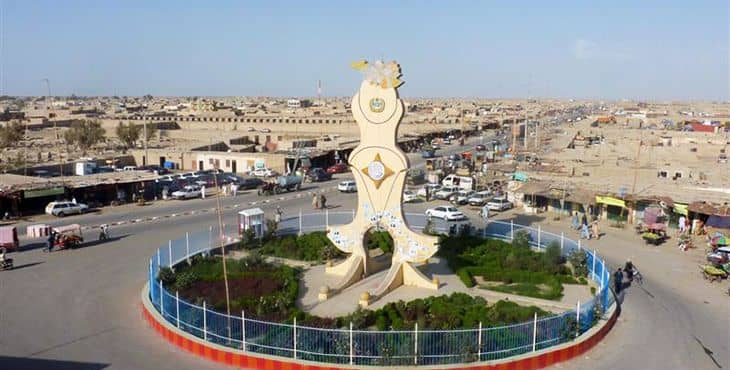The Taliban‘s retaking of control of the Afghan government has drastically altered the country‘s political, social, and economic landscapes. Furthermore, the Taliban has imposed stricter restrictions on citizens, and a large number of government personnel have chosen to remain at home. Girls and women are being denied access to education, work, and other opportunities outside of the home. Mental health issues have become more prevalent, with Zaranj Provincial Hospital in Nimroz reporting that over 500 mental patients seek treatment there each month, with teenage girls and women making up the majority of those suffering from mental illnesses.
The Taliban Health Department in Nimroz Province reported that 539 patients, mostly women and girls, were treated at the Provincial Hospital in a single month this year. According to an anonymous doctor at the hospital, 241 of these patients were new, with 61 being male and 180 females. The remaining 298 patients had previously sought care at the facility.
Feriba, a young girl, has visited the provincial hospital in Zaranj more than eight times in the last twelve months due to mental illnesses and depression. She has been taking drugs daily, yet her mental health issues have not improved. She claims that she was diagnosed with a mental disorder following the education ban on girls, and states: “It has been one year. I have visited the hospital nine times, but despite my efforts, I am unable to see how the medication works.”
Feriba and her mother visited the hospital, where the physician reassured them that Feriba was too young to be suffering from a mental illness. However, the fact that Feriba had stayed at home and closed her school led to the development of this illness. Feriba‘s mother expressed her concern, saying that her daughter had been spending days sitting in the corner of the house, not paying attention to anything she said. She added that Feriba was now out of control and no longer responded with a smile when spoken to, and that she was likely to become overwhelmed very soon.
Domestic abuse and forced marriages have risen in the nation due to the Taliban‘s limitations on female mobility, the closure of educational institutions, and other regulations. Consequently, women are now experiencing more psychological issues than ever before due to this pressure.
Sanawbar, a 20–year–old woman, sought treatment at the provincial hospital in Zaranj. She had been forced into marriage during the Taliban‘s takeover, and as a result, developed a mental disorder. Sanawbar had been engaged for five months, and stated that her family had forced her into the marriage despite her numerous attempts to express her disapproval to her father. She further commented that, due to her fiancé‘s close relationship with the Taliban, her father had handed her over to him without her consent. Sanawbar concluded that she was not satisfied with the outcome and was now feeling depressed.
Several girls and women have experienced pressure due to the Taliban‘s restrictions on women‘s employment, education, and travel, as well as their access to public baths, amusement parks, and other places. Activists for women‘s rights, however, deem this situation concerning and assert that women face difficult conditions in multiple provinces across the nation.
Shaima Arab (a pseudonym), a women‘s rights activist in the Nimroz province, has described the precarious state of women in this country and noted that there is no organization to which women can turn to report abuse or submit a complaint. According to the activist, numerous women were admitted to Zaranj Provincial Hospital after being subjected to severe beatings, gunshot wounds, and, in some cases, fire burns, but they were not provided with the necessary care.
Shamsia further states that the Directorate of Women‘s Affairs has been shut down due to the Taliban. On the first and second occasions that women attempted to appear in court, they were denied entry. If they were able to gain access, the judge would threaten them and demand that they maintain their modesty and chastity, which is in line with Afghan and Muslim culture. Consequently, they have no presence. Women activists have reported that violence against women is increasing daily throughout Afghanistan, particularly in Nimroz.












